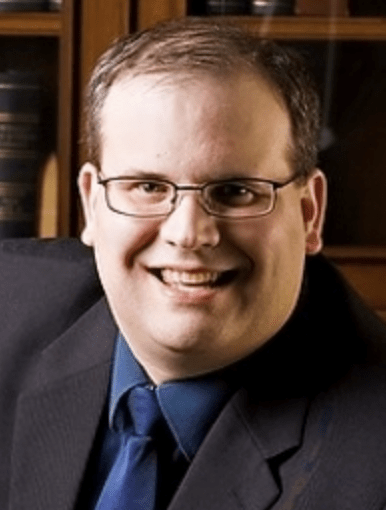The King, the Prime Minister, the President, and the Throne Speech

By Daniel Béland
May 24, 2025
On Tuesday in the Senate Chamber, King Charles III will deliver the Speech from the Thone. The last time a monarch did so was in 1977, when his mother Elizabeth II read it during her Silver Jubilee tour. Two decades earlier, she had pronounced her first Speech from the Throne in Ottawa, an occasion that marked the young Queen’s first visit to Canada as monarch and the first time the country’s head of state had opened Parliament.
Considering that this will be only the third time that Canada’s head of state delivers a speech from the throne, the presence of King Charles for that occasion has generated much media coverage, both within and outside Canada.
Although the speech itself is written by the Prime Minister’s Office on behalf of the government to outline its legislative agenda for the new parliamentary session, our head of state or their representative (i.e. the Governor General, who normally reads the speech) can preface it with their brief introductory remarks. On Tuesday, what message will King Charles convey in his opening remarks? That content may be less important than the timing and symbolism of his visit, but the King could surprise us.
The reason for asking him to read the Speech from the Throne was made clear by Prime Minister Mark Carney in his announcement of this royal visit, when he said that “Canada has a steadfast defender in our sovereign.” Considering the recent rhetoric of Donald Trump about making Canada the 51st state, by inviting the King to deliver the Speech from the Throne in Ottawa, the Prime Minister is sending a message to the U.S. President that Canada is not only a country rather than a state, it has a different system of government, its own history and traditions.
Indeed, because Canada is a parliamentary constitutional monarchy rather than a presidential republic, inviting the King to deliver the Speech from the Throne in our Senate chamber is a way to stress key institutional differences between Canada and the United States.
What message will King Charles convey in his opening remarks? That content may be less important than the timing and symbolism of his visit, but the King could surprise us.
As the King of Canada and our head of state, as Carleton University’s Philippe Lagassé puts it, the monarch “is a legal person who possesses the Crown’s authorities and makes the Crown manifest.” By delivering the throne speech at this moment in history, King Charles embodies and reaffirms Canada’s sovereignty in a most public manner because, to quote Lagassé again, he “is the personification of the [Canadian] state.”
As Canada’s High Commissioner in the United Kingdom, Ralph Goodale, suggested, “Canada is not for sale” and “The King will strengthen that message, which is reflected in our anthem: ‘We are the true north, strong and free’.” Interestingly, having the King by his presence in the Senate Chamber send this message about Canada’s sovereignty is an especially effective way to draw the attention of President Trump, a man whose obsession with the royal family reportedly dates back decades.
This obsession was also exploited by UK Prime Minister Keir Starmer during his visit to the White House in late February, when he “presented Mr Trump with a letter from King Charles III inviting him to the UK for a state visit.” A state visit is full of pomp and circumstance, which President Trump seems to love as much as the monarchy, something we witnessed recently during his visit to Gulf monarchies. Now, ironically, with this royal visit and the King’s delivery of his government’s first Speech from the Throne, Prime Minister Carney is leveraging the monarchy, an institution that fascinates President Trump, against him.
Although this short royal visit is a clever way to send and amplify a message about our sovereignty, it remains to be seen whether all of this will make a difference. While a Research Co. poll published in March registered a Trump-credited eight-point increase in the monarchy’s popularity among Canadians over the same time last year, support for Canada remaining a monarchy is still only 31%, and just 24% in Quebec, where some commentators criticized the invitation extended by the Prime Minister to the King.
In the Journal de Montréal, for instance, columnist Emmanuelle Latraverse depicted the King as an anachronistic “colonial symbol” before stating that “A strong Canada, a rich Canada, a bold Canada, is the opposite of a Canada that seeks refuge in the skirts of the British monarchy.”
Will this royal visit help the cause of the monarchy in Canada? This is something that future public polling will help us assess. Meanwhile, due to the broader political and international context of the King’s visit, we are talking about the nature of our political institutions and how they work, which is good news for civic education, regardless of whether one supports or opposes the idea that, moving forward, Canada should remain a constitutional monarchy.
Daniel Béland is professor of political science and director (on leave) of the McGill Institute for the Study of Canada at McGill University.
